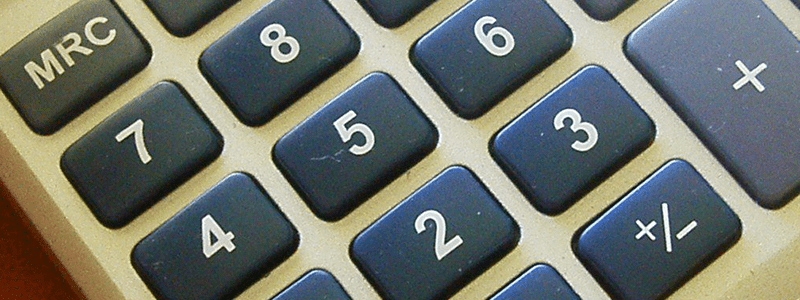
This article was originally published by Business Brokerage Press in March of 2015.
Consider two different companies in virtually the same industry. Both companies have an EBITDA of $6 million – but, they have very different valuations. One is valued at five times EBITDA, pricing it at $30 million. The other is valued at seven times EBITDA, making it $42 million. What’s the difference?
One can look at the usual checklist for the answer, such as:
- The Market
- Management/Employees
- Uniqueness/Proprietary
- Systems/Controls
- Revenue Size
- Profitability
- Regional/Global Distribution
- Capital Equipment Requirements
- Intangibles (brand/patents/etc.)
- Growth Rate
There is the key, at the very end of the checklist – the growth rate. This value driver is a major consideration when buyers are considering value. For example, the seven times EBITDA company has a growth rate of 50 percent, while the five times EBITDA company has a growth rate of only 12 percent. In order to arrive at the real growth story, some important questions need to be answered. For example:
- Are the company’s projections believable?
- Where is the growth coming from?
- What services/products are creating the growth?
- Where are the customers coming from to support the projected growth – and why?
- Are there long-term contracts in place?
- How reliable are the contracts/orders?
The difference in value usually lies somewhere in the company’s growth rate!
Consult an Advisor
"*" indicates required fields




